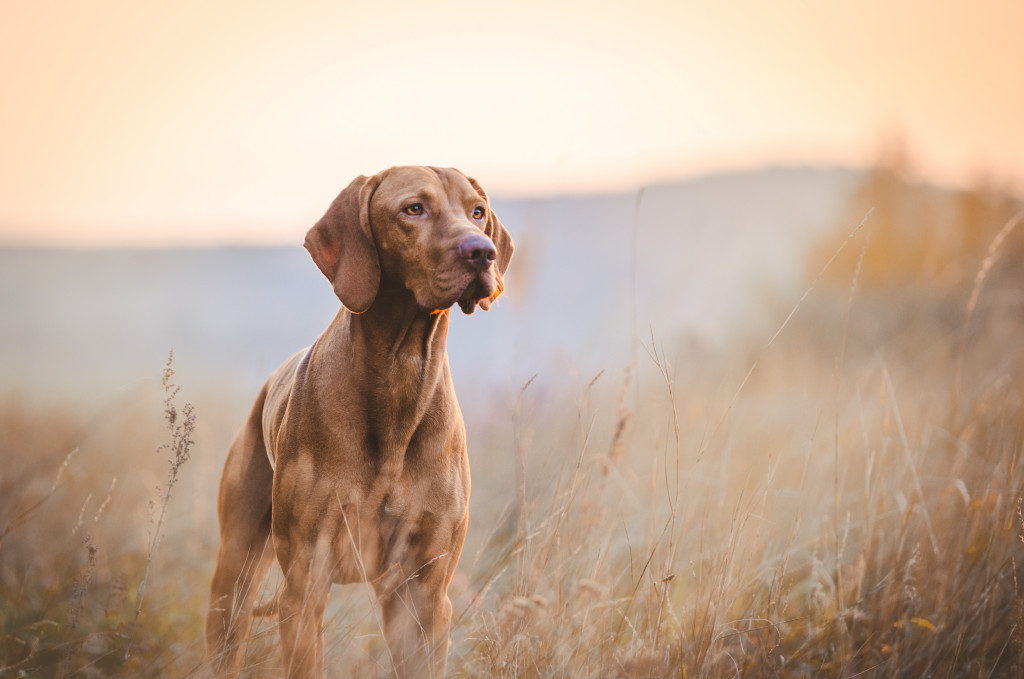Wintertime is here. We bet most of you already have prepared your homes for the winter. You’ve probably already fixed your schedule for Thanksgiving and Christmas decorating with the rest of the family. We also hope that you already prepped your home to withstand the cold weather the season brings. Maybe you’ve also had a Sunpower panel installer come by to install your new panels to help you cut costs on heating your home this season.
Everything’s in order, right?
But what about the furry members of your family? Specifically, your pet dogs? How are you preparing them for the winter?
Dog grooming is not just a summer thing. It is just as important in the winter as it is during the hotter part of the year. Grooming your pets during winter is very important to their well-being and safety.
Why is it important to groom your dog in winter?
Well-known veterinarian Dr. Jeff Werber, DVM, explains that a dog’s coat acts as an insulator of some sort. It helps keep the heat out during the hot summer season, and it keeps the warmth in during the colder winter season.
For your pet to have a comfortable body temperature during the winter months, you need to care for and maintain its coat. All you need here is basic grooming, nothing out of the ordinary. However, you need to pay closer attention to these five things:
Pay closer attention to your dog’s nails
During the winter season, a dog’s nails may need special attention because their nails tend to wear down a lot slower.
Dr. Werber says that the winter months’ ice and snow create a barrier between your pet’s feet and rough surfaces. These barriers result in friction reduction, which leads to dogs’ nails not wearing out as much as they would during spring, summer, or fall.
Additionally, dog owners aren’t as active in the winter, which means they are less likely to take their dogs out for a walk. This is another factor why dogs’ nails aren’t as worn-out during this time.
If you can’t have your pets groomed regularly, it might help to have some nail clippers or grinders at home.
Get between their toes
Aside from the nails, you also need to get in between their toes and trim the fur in it. Wintertime sees the use of various chemicals and salt to melt snow and ice on driveways and walkways. These chemicals can find their way into the hair in between the toes of your precious pup.
When ingested through the licking of paws, these chemicals can cause electrolyte and gastrointestinal issues with your dogs. On top of these chemicals, snow also tends to get stuck in the hair between the toes and the pads, which could result in frostbite for your fur baby.
Consider using dog boots
As a protection for your dog’s legs and paws, consider making them wear dog boots or paw protectors to help lessen the risk of the above-mentioned conditions.
These will help protect them from the chemicals and salt used to melt the ice off sidewalks and driveways. If your pets don’t let you put dog boots on them, you can try other products such as natural dog wax, as this can also help do the trick in protecting your dog’s paws.
Watch out for dry skin

Dogs are as susceptible to dry skin during the winter season as humans. The artificial dry heat that causes our skin to become dry also affect our dogs. For this reason, even if it’s colder, a regular schedule for bathing your dog is your best weapon against dry skin.
At the very least, dogs should have a shampoo, condition, blowdry, and brush once a month. Doing this will make your dog’s coat healthier, which helps regulate their temperature.
As far as products are concerned, there are plenty of moisturizing shampoos available on the market. You need to look for the right one for your pet. Take extra caution, though, if you decide to use a moisturizing lotion. You can also give them supplements like omega-3 fatty acids to replenish their skin’s natural oils.
Remember to brush their fur regularly
Since the key to keeping dogs healthy and warm during the winter is maintaining a healthy coat, don’t neglect to brush their fur regularly, especially dogs with longer coats and drop-coats. The longer they grow over the winter, the harder their coats are to manage.
When you prep your home for the different seasons, don’t forget about the furry members of your family. Regardless if you own a dog or a cat or a rabbit or whatever your pet is, they also have different needs during the different seasons. If you are unsure about taking care of your pet during winter, ask your veterinarian for help.

